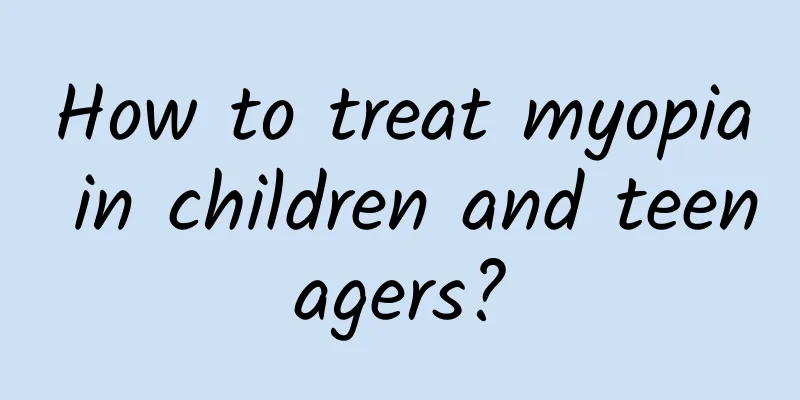Care after hysterectomy

|
For women in their childbearing years, there are many gynecological diseases that need to be prevented in life, among which uterine fibroids are one of the more common diseases. At present, the cause of uterine fibroids is not particularly clear, but it is certain that uterine fibroids are inseparable from bad living habits and bad eating habits. If uterine fibroids are severe, doctors will generally recommend hysterectomy. So what should you pay attention to after the hysterectomy? 1. Eat less oily, fried, smoked or grilled foods. 2. Eat more vegetables, fruits and high-fiber foods and fruits, especially tomatoes, yams, and seasonal fruits. Drink 2000-3000 ml of water every day to prevent constipation. 3. Eat more foods containing protein, vitamins and iron, such as fish soup, grapes, cherries, vegetables, etc. 4. Increase calcium and hormone intake, such as animal bones, dried fish, soy foods, and exercise appropriately to avoid falls and fractures. 5. If you have anemia, eat more foods high in iron, such as pork liver, black sesame, grapes, seaweed, wolfberry, shiitake mushrooms, etc. 6. There are no special dietary taboos, but try to eat less irritating and gas-producing foods. Home care and precautions after hysterectomy: 1. Those who have had a hysterectomy will no longer have menstruation. 2. After the operation, observe whether the wound is red, swollen, hot, painful or has abnormal secretions. If any of the above symptoms occur, please return for a follow-up visit as soon as possible. 3. 6-8 weeks after the operation, when the deep tissues in the pelvic cavity have recovered, you can have a normal sexual life. Sexual life should be prohibited for 3 months after total hysterectomy, and normal work and life can be resumed after 3 months. 4. Avoid lifting objects heavier than 3 kg, bending over to pick up objects, and climbing stairs within 6-8 weeks after the operation. You can use a belly band appropriately. 5. Avoid sitting for long periods of time, long-distance travel, yoga, rhythmic dance and other exercises that may increase abdominal pressure within 3 months to avoid pelvic bleeding. Resume normal work and life after 3 months. 6. If you have undergone bilateral oophorectomy, you are prone to osteoporosis and should pay more attention to it in your daily life. It seems that there are many things to pay attention to in the post-operative care of hysterectomy, which are all some details in life. I hope that patients, friends and family members will not ignore them. You know that post-operative care and treatment are equally important issues. If post-operative care is not done well, it will also affect the recovery of the disease. I hope this article can help everyone. |
<<: How to maintain your health after hysterectomy
>>: How to take care of yourself after hysterectomy?
Recommend
When is the best time to practice Tai Chi? Can I practice Tai Chi after breakfast?
Tai Chi is influenced by traditional philosophy, ...
I am very hungry but can't eat during pregnancy
Pregnant women often encounter this situation in ...
If the weather is good, I will find you. What is the novel based on? If the weather is good, I will find you. Where can I read the novel?
Korean dramas have always been loved by people, e...
What is the disease of long-term bad breath in women
Bad breath refers to the symptom of foul-smelling...
Can I use salt water to wash my vagina?
Salt water has many benefits, such as anti-inflam...
How to choose Kyoho grapes? Can I eat more Kyoho grapes?
Grapes are one of the most commonly consumed frui...
Nursing for yellow leucorrhea after painless abortion
Female friends who have undergone an abortion mus...
What to do if you have breast hyperplasia
Breast hyperplasia is a major problem that many o...
Can myopia be cured?
“Is myopia really incurable?” “The more you wear ...
What are the cultural characteristics and natural scenery of Mount Hua? How many meters is it from the bottom of Mount Hua to the top?
Climbing Huashan, you can feel the charm of natur...
What does Aircraft Traffic Control mean? How to choose the position of airplane windows?
When we are on a plane, we often hear that we hav...
Can I eat donkey-hide gelatin after hysterectomy?
When women suffer from uterine fibroids, they nee...
Is it good to do yoga before bed? How to do yoga before bed?
Yoga is a very popular way to maintain health and...
What is Down's syndrome screening during pregnancy?
Down syndrome screening is a new item in prenatal...
What is the reason for women's yellow feet
In daily life, many people will suddenly find tha...









